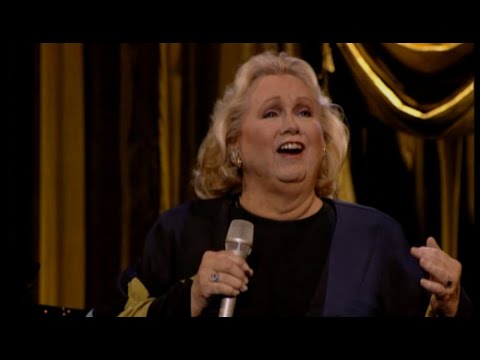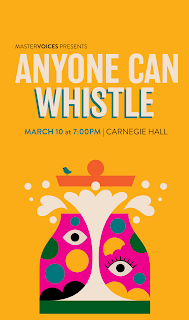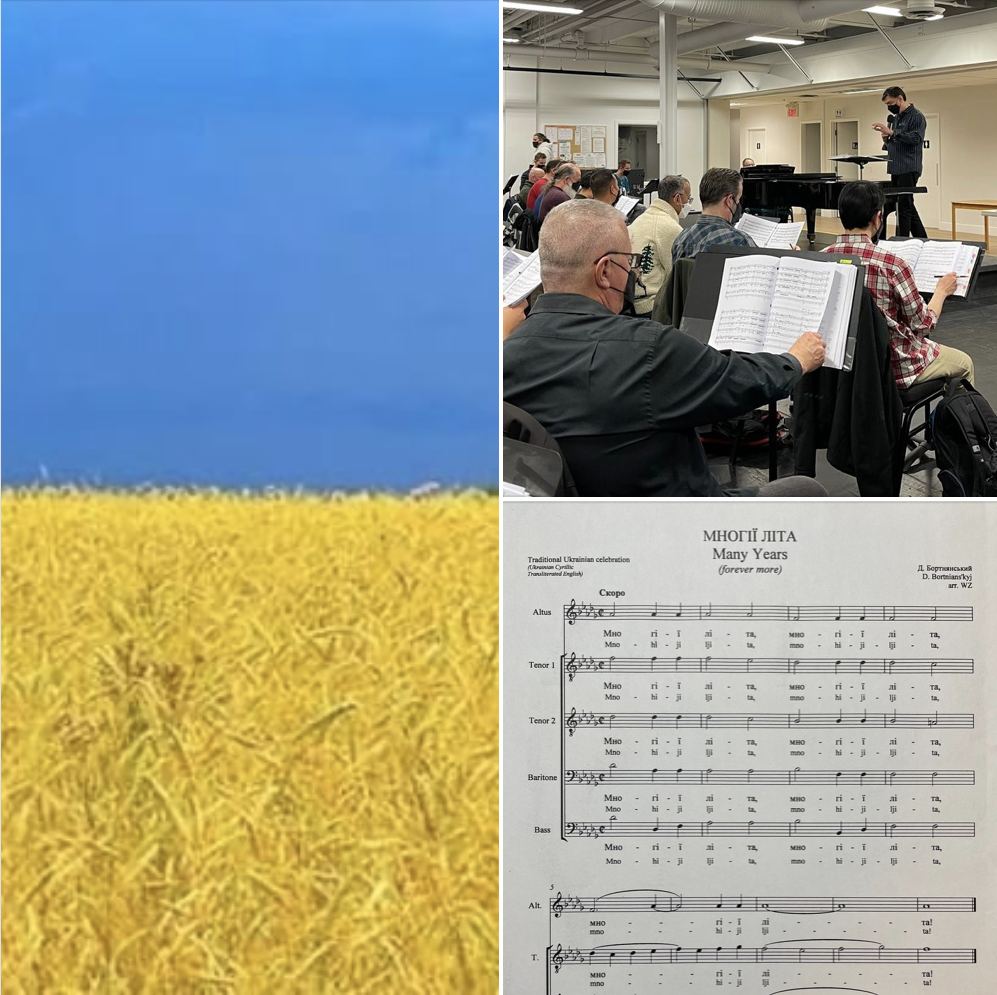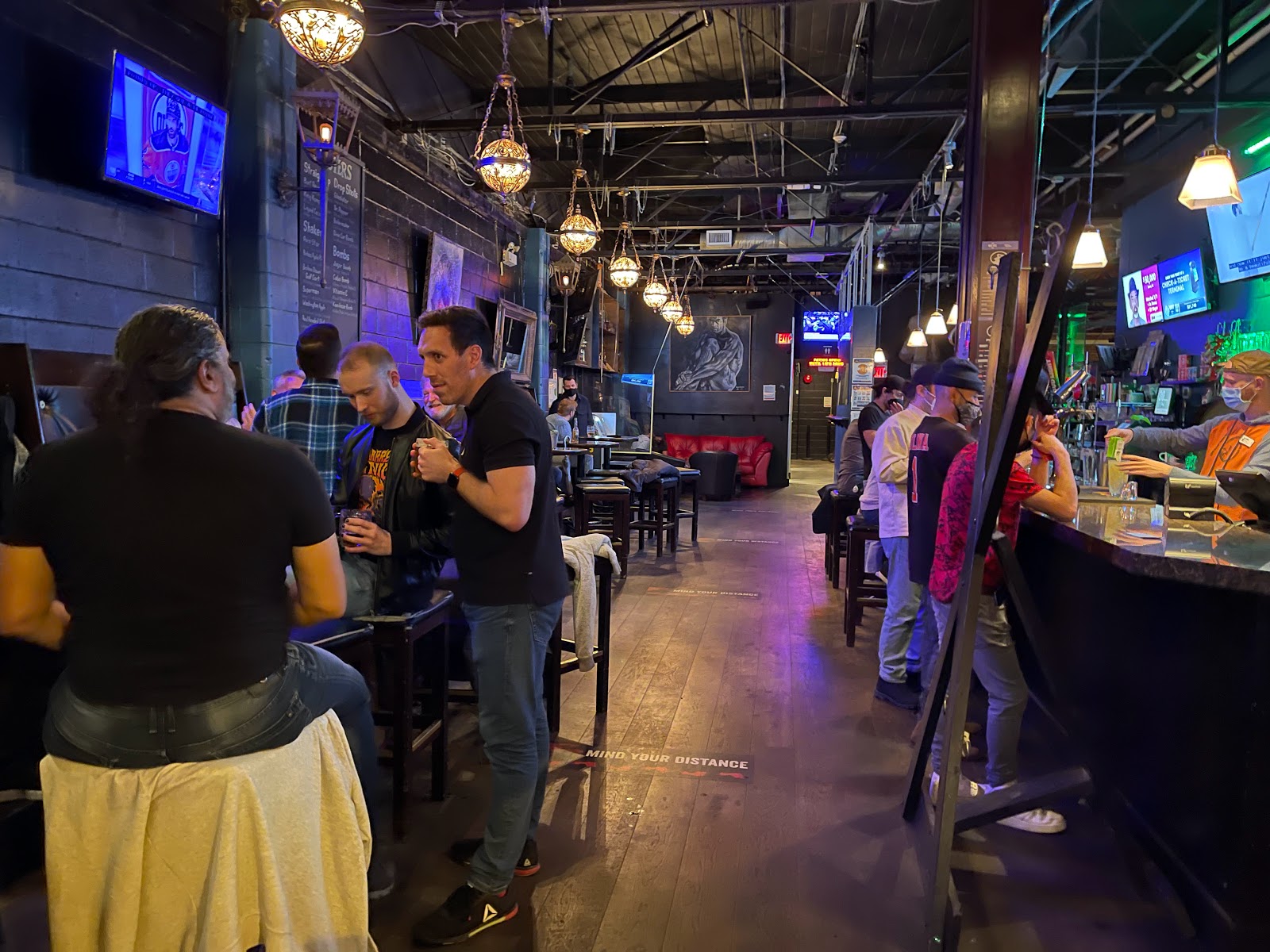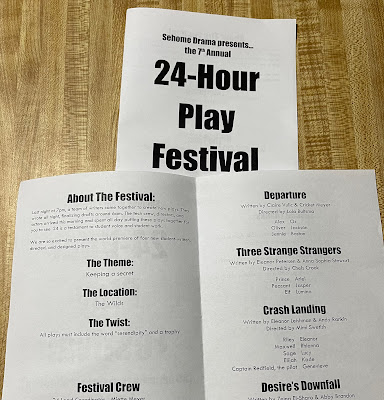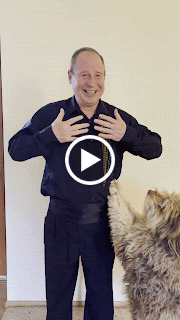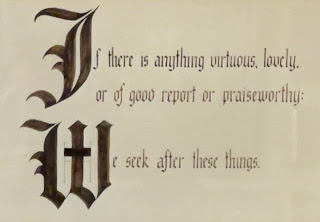I almost got to be a super-spreader.
Instead, I’m isolating in my room with Bear – the first in our family to test positive for covid despite all the social distancing, masks, vaccinations, and dodged bullets.

I got covid without even noticing it. When Bear and I got home from our usual long walk Wednesday afternoon, I had an email from someone who attended the same festive gathering in Vancouver on Sunday. After feeling a little under weather for a couple of days, he failed a home covid test. He suggested we all check our coronavirus status. Most attendees promptly reported negative results – other than an unlucky few.
I’d taken so many covid tests before. This time I squeezed four drops into the plastic well, then watched the bright red line instantly light up.
After observing so much suffering during the pandemic, my own experience with covid has been blessedly anticlimactic. I’ve had no symptoms. The kids all stayed virus-free as we finished the last week of school.
However, the December schedule is a mess. And I’m still trapped in “isolation”: staying at home except for long walks in the woods with Bear; letting the kids feed themselves as the dishes pile up; and either wearing a mask as I try to get work done at my desk, or hiding in my bedroom while Christmas music plays on an infinite loop.
Before the covid surprise, I was planning to drive back up to Vancouver on Wednesday night to attend a holiday sing-along event hosted by friends at a club downtown. According to the CDC chatbot’s calculations, Wednesday was my most infectious day.
Ironically, I’d already decided to skip the Xmas sing-along and save myself for a New Year’s trip. Instead, I told the kids I was loopy on Theraflu. I hadn’t actually taken any. I just wanted to cover up my decision to take the day off, stay home, and do edibles while pretending to be sick. Still, I’m glad I checked my email before I changed my mind about heading to the piano bar. My boisterous caroling would have contaminated numerous unsuspecting revelers with aerosolized coronavirus.
Instead I’m in isolation for ten days. Blame Canada.
 |
This is what covid looks like (Xmas 2022) |



